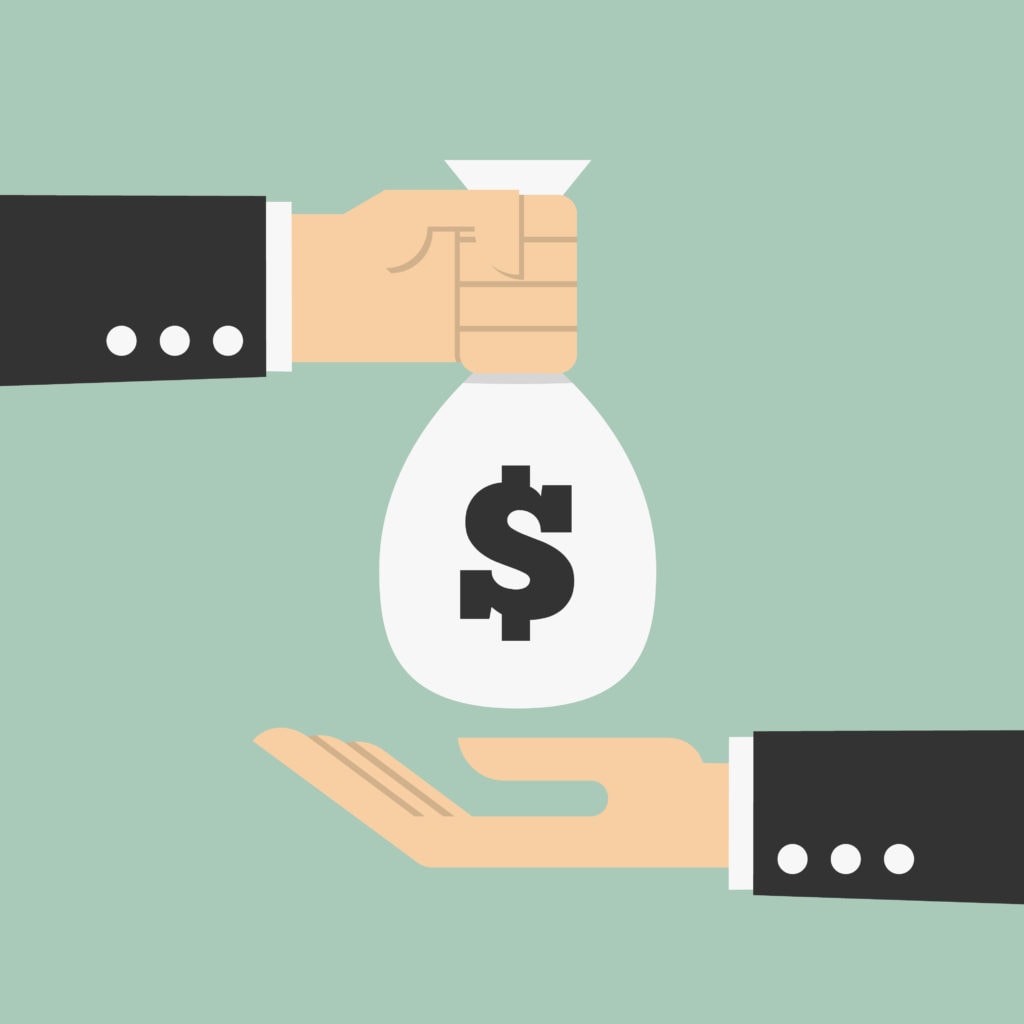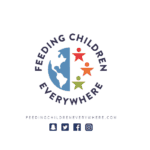Due to the coronavirus pandemic, the Orlando Utilities Commission (OUC) approved $12.1 million in aid, and there is still $1.5 million available for those in need.

The commission approved the historic customer relief package, which was approved to help those struggling to pay their bills because of the economic situation, and $2.6 million from that aid was initially sent to Project CARE. The CARE project is directed by nonprofit Heart of Florida United Way and helps families struggling with temporary financial hardships.
Those eligible can receive up to $500 for utilities relief in a 12-month period. But Project CARE not only helps with utilities, it also helps finance housing, mental health, family support and wellness, and other medical needs requiring temporary relief.
To apply for relief through Project CARE, call the number 2-1-1 or text your zip code to 898-211 to receive help and guidance available in multiple languages. Once on the phone with an operator, they will be able to determine your need and eligibility.
OUC has provided payment support to nearly 24,000 customers as well as other financial assistance through Project CARE since April. OUC works with Heart of Florida United Way and turns over the money to the local nonprofit to help families in need.
Those fortunate enough to not need financial assistance can also help their local community through donations. OUC customers can add specific amounts to their monthly utility bills to contribute to Project CARE, and OUC says they will donate $2 for every $1 donated to the project. Other ways to contribute are through one-time donations via the donor’s OUC account. Through Heart of Florida United Way’s personal website, those interested can also make donations entirely to the nonprofit, not only Project CARE.
A 2018 survey found that about 49% of Orange County households were unable to make ends meet, according to an Asset Limited, Income Constrained, Employed (ALICE) survey. The survey also found that, in Orange County households, costs were well above the federal poverty level, therefore leaving many individuals and families at a financial disadvantage.
The survey was conducted based on numbers from 2018, not including the effects of the coronavirus crisis that has caused the country to suffer economically and has left millions unemployed.

